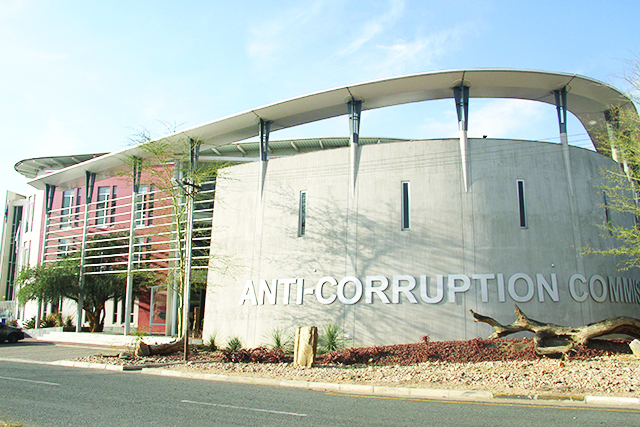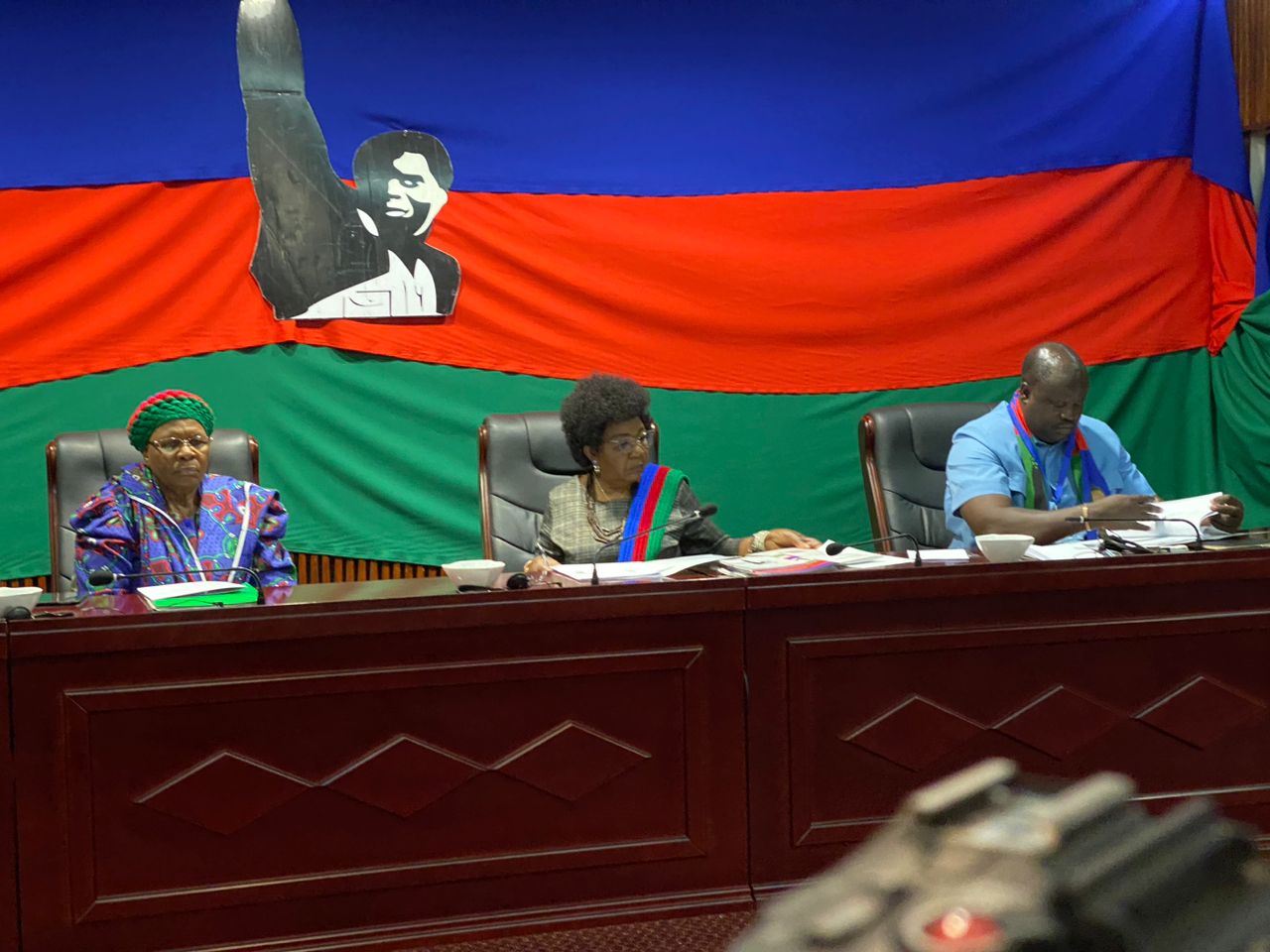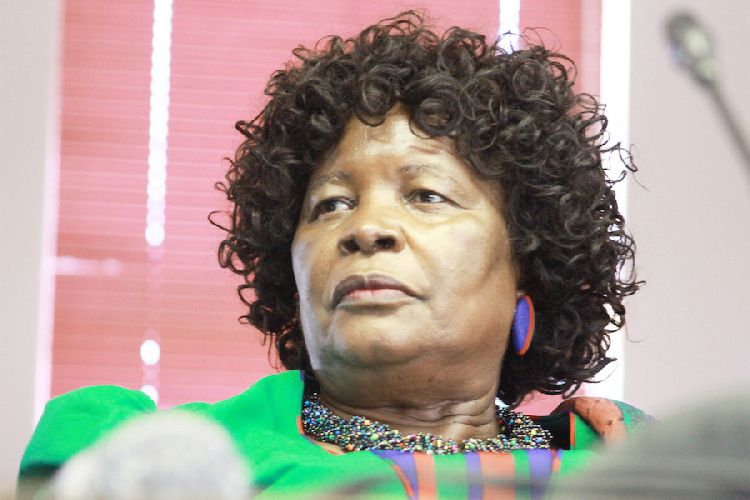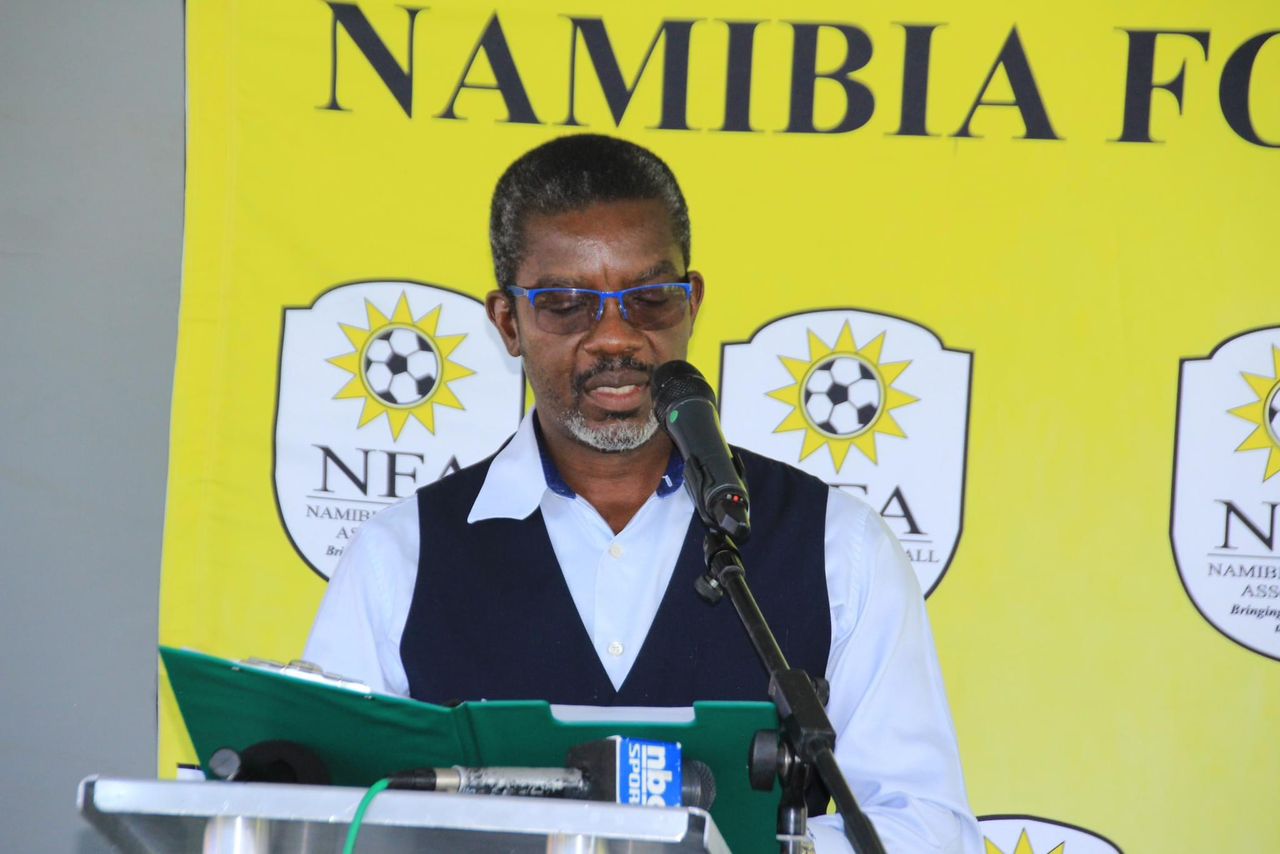THE Anti-Corruption Commission (ACC) is currently investigating 20 high-profile cases, besides the Fishrot matter, which will be on top of their priority list for the next 12 months.
In their budget motivation read in the National Assembly (NA) by speaker Peter Katjivivi yesterday, the commission said these cases sought specialised skills to investigate.
“The high-profile cases have the potential to undermine the country’s commercial and financial integrity and interest, cause the country faces huge potential financial losses, and the public has an interest in the speedy resolution of these cases,” he said.
Initially, N$62,8 million was allocated to the ACC, however, this has forced the commission to shelve key investigations involving as much as N$8,3 billion.
After media reports surfaced of the commission being starved, the treasury allocated it an additional N$11,2 million earlier this year.
This means the ACC has a budget of about N$73,9 million for the current financial year.
Last year, ACC director general Paulus Noa said it would have to park 17 high-profile cases as, once running expenses are taken into account, it will be left with N$2 million for investigations.
Katjavivi said the commission wants to spend N$25,2 million on investigations.
Of that amount N$21,4 million will cover remuneration and related expenditure pertaining to investigating officers.
Previously, Noa indicated the commission wanted the Ministry of Finance to add N$8 million for outsourcing forensic investigations, however, the ACC has budgeted N$2,2 million for outsourced expertise for complex investigations requiring specialised skills.
The commission is planning on spending a further N$1,5 million on licences for investigation case-management software and forensic applications.
“The budget of the ACC has been shrinking due to the expansion of the organisation, annual salary increments, and inflationary pressures on utilities, goods and other services,” the commission stated in its budget presentation.
The ACC’s remuneration and related expenses take up 79,7% of its budget, with 20% allocated for goods and other services.
The remaining 0,3% is earmarked for office and information technology (IT) equipment, as swell as international obligations in the form of membership fees.
Katjavivi said many cases “need to contract forensic auditors to assist with forensic analyses of various financial transactions”.
The corruption watchdog, which has four offices across the country, has been struggling for years due to underfunding.
Its offices include one at Ongwediva, with three investigators, one at Otjiwarongo, with three investigators, one at Swakopmund, with four investigators, and one in Windhoek, with 15 investigators.
These offices will receive N$3,6 million, as well as N$1,7 million for the rental of offices at three centres.
In the past, investigators in areas such as Katima Mulilo, Rundu, and the southern part of the country have experienced a lack of resources.
Katjavivi yesterday announced the Cabinet decided to place the ACC under the authority of his office, along with the Electoral Commission of Namibia.
He said this arrangement is an effort to ensure that the ACC would function independently from the Office of the Prime Minister.
“In future, all reports emanating from the ACC after being tabled in the house, will be referred to the relevant parliamentary committee for scrutiny and feedback,” he said.
Stay informed with The Namibian – your source for credible journalism. Get in-depth reporting and opinions for
only N$85 a month. Invest in journalism, invest in democracy –
Subscribe Now!






